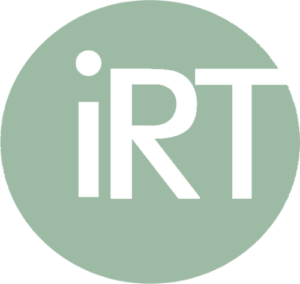Training for Intervention Procedures (TIPS) for the University is a multimedia, school-based prevention program designed to help college students receiving the training to make safe, sound decisions regarding their own high-risk drinking behavior (e.g., underage drinking, drinking to intoxication, drunk driving) and enable them to intervene to prevent this high-risk behavior among their peers and friends. The program has three modules which can be delivered over one 2-hour session: (1) information about alcohol and other drugs, alcohol’s effects, and jurisdiction-specific laws related to alcohol; (2) skills needed to recognize when an intervention is indicated and then implement such an intervention; and (3) a behavioral rehearsal module in which students practice intervention skills they have discussed and observed. The overall goal is to reduce alcohol consumption among college students and the high-risk behavior related to alcohol use.
Too Good for Drugs
Too Good for Drugs (TGFD) is a school-based prevention program for kindergarten through 12th grade that builds on students’ resiliency by teaching them how to be socially competent and autonomous problem solvers. The K-8 curricula each include 10 weekly, 30- to 60-minute lessons, and the high school curriculum includes 14 weekly, 1-hour lessons plus 12 optional, 1-hour “”infusion”” lessons designed to incorporate and reinforce skills taught in the core curriculum. Students learn how to be socially competent and autonomous problem solvers. The overall goal is to increase prosocial behaviors while decreasing intentions to use substances and engage in violence.
Teen Intervene
Teen Intervene is a school- or community-based intervention program for 12- to 19-year-olds who display the early stages of alcohol or drug involvement. The program is typically administered in an outpatient, school, or juvenile detention setting by a trained professional in three 1-hour sessions conducted 10 days apart. Parents are included in the third session in an effort to support parent-teen communication and support around abstinence goals. The overall goals are for teens to reduce and ultimately end their substance use.
Team Awareness
Team Awareness is a workplace-based prevention training program that addresses behavioral risks associated with substance abuse among employees, their coworkers, and, indirectly, their families. The interactive training focuses on six components: the importance of substance abuse prevention; team ownership of policy, stress and coping styles, tolerance and how it can become a risk factor for groups; the importance of appropriate help-seeking and help-giving behavior; and access to resources for preventive counseling or treatment. The overall goal is to improve group climate, understanding of substance use policies, and help-seeking attitudes and behaviors, while reducing alcohol and drug use attitudes, use, and related problems.
STARS for Families
Start Taking Alcohol Risks Seriously (STARS) for Families is a school-based health promotion program that aims to prevent or reduce alcohol use among middle school youth ages 11 to 14 years. STARS for Families has three components. Youth receive individual consultations about alcohol use, parents and guardians receive information at home on how to talk to their children about alcohol, and families complete take-home lessons together designed to enhance communication. The overall goal is abstinence from or delayed initiation of the use of alcohol.
Recovery Training and Self-Help
Recovery Training and Self-Help (RTSH) is a group aftercare program for individuals recovering from opioid addiction. A professional therapist and a group leader co-lead participants through a program designed to deactivate addiction by teaching and supporting alternative responses to stimuli previously associated with opioid use. The overall goal is abstinence.
